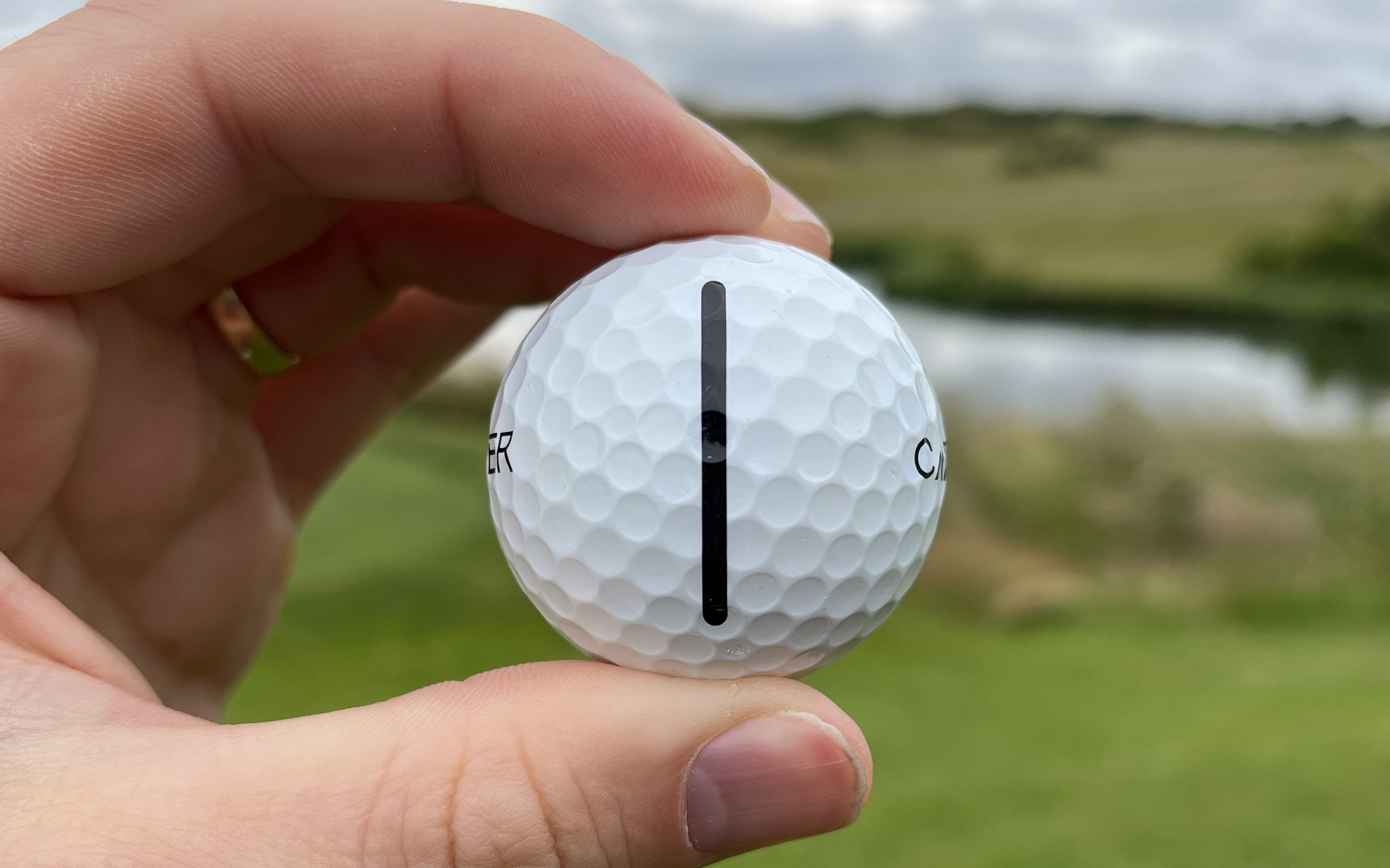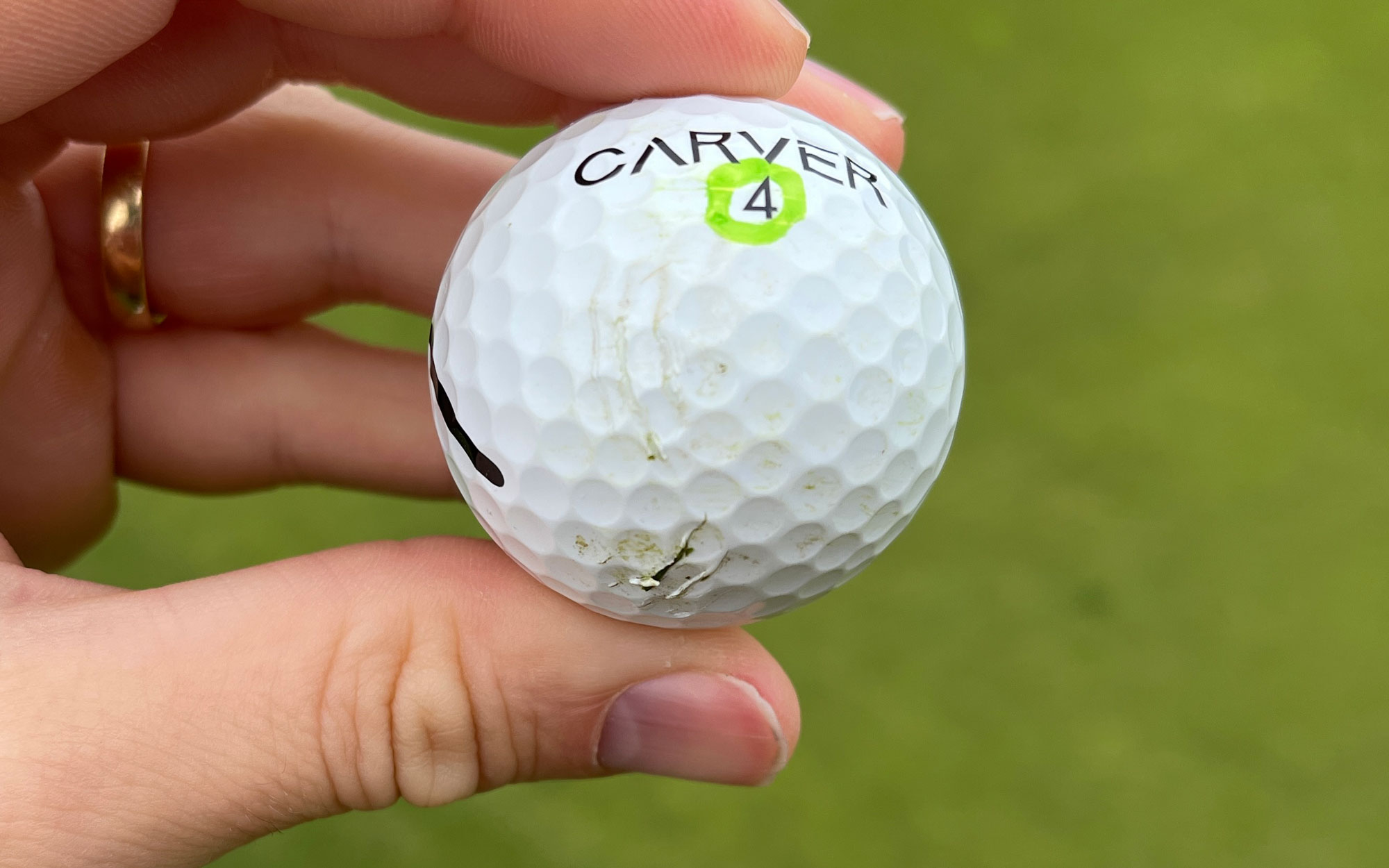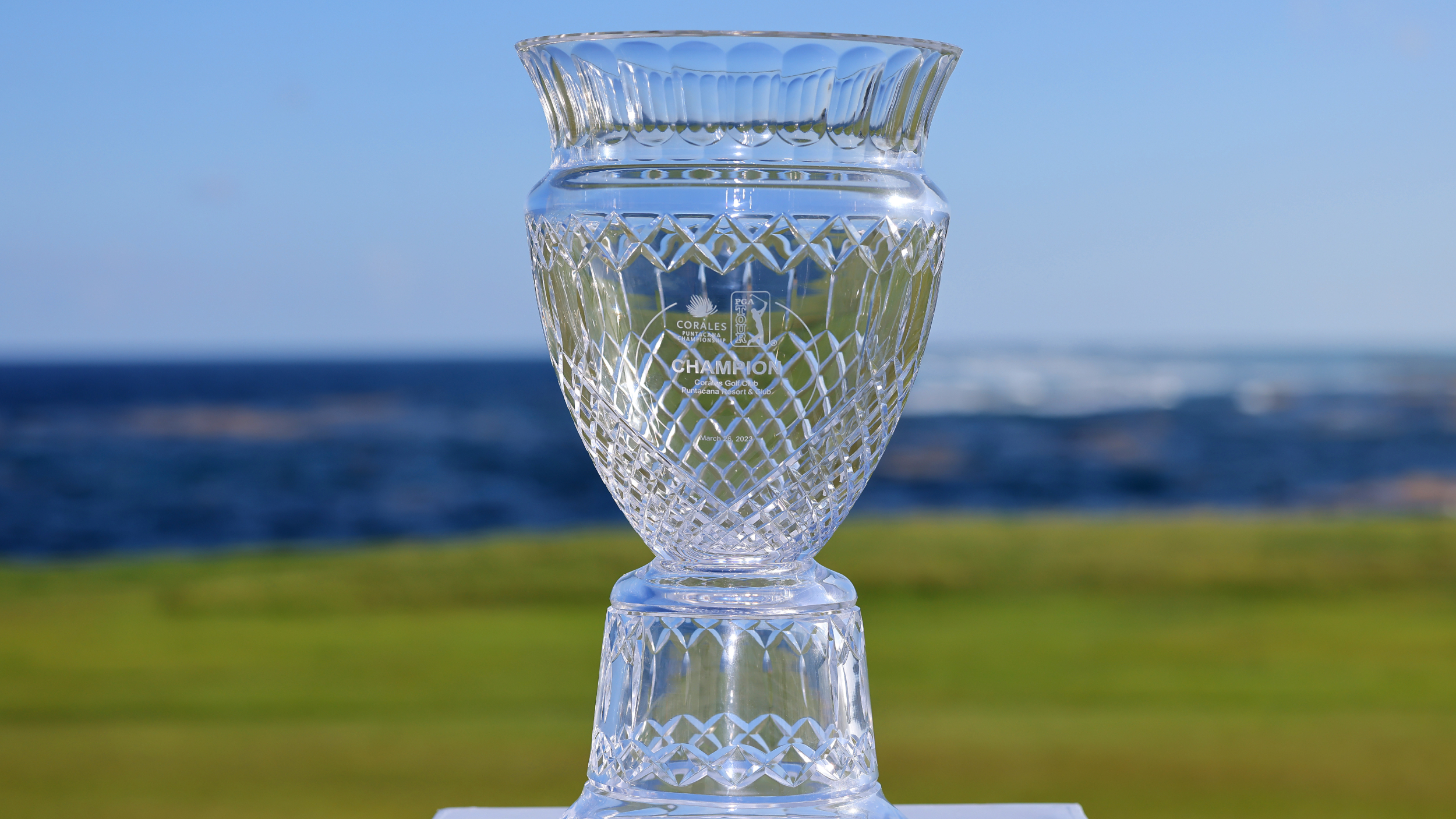Carver Golf Ball Review
In this Carver golf ball review, Neil Tappin sees what this 3-piece urethane-covered product has to offer

A solid performer at a fair price, the Carver delivers impressive spin control around the greens and good consistency throughout the bag. Faster swingers may find it spins a little too much off the tee.
-
+
Excellent greenside spin
-
+
Solid feel, looks like a premium ball
-
+
Good value for money
-
-
Wedge shots created scuff marks
-
-
Faster swingers may struggle for distance off the tee
Why you can trust Golf Monthly

While you can pick and choose when to upgrade and invest in other equipment-related areas, if you’re running out of golf balls you’ll need to buy more. Carver is a brand that offers golfers the chance to buy its 3-piece, urethane-covered balls either as a one-off online purchase or through a monthly subscription. The idea is to offer golfers a product that performs to a high level but that doesn’t come with a premium price-tag.
I wanted to see for myself whether this Carver offering is among the best mid price golf balls worthy of consideration so I tested them both on the golf course and using a GCQuad launch monitor up against my usual golf ball - the more expensive, Tour-played Titleist Pro V1x.

The Carver ball has the look of a premium urethane offering. The simple side stamp works well for alignment on the greens and off the tee.
Let’s begin with the short game. If you are thinking of investing in urethane-covered golf balls, you’ll want good levels of control when hitting into the green. As I played with the Carver ball on the course I could see the spin control was good. The ball was checking up promptly even in firm, fast summer conditions. The launch monitor data backed this up. I hit a series of 50-yard shots with both balls and it was the Carver that delivered more backspin: 8107 rpm versus 7089 rpm.
The feel of the Carver ball was also neatly balanced. Soft enough to feel responsive without being too hot off the face and lacking control. For me, the feel is always an important part of the mix when it comes to choosing a golf ball and the Carver option felt like it would be playable throughout different conditions through the year. It was similar in terms of feel to the 2022 version of the Titleist Tour Speed golf ball.
The high spin performance was again evident during my 7-iron testing, where the spin rate was again over 8000 rpm. This is certainly higher than I’m used to seeing from the best golf balls with my 7-iron and as a result the carry distance was 8-yards shorter on average than with the Pro V1x. The Titleist ball too flew slightly higher.

It was a similar story off the tee as well. An ideal driver spin rate for me is around 2000 rpm. During my testing session the Titleist Pro V1x came out at 1986 rpm and delivered an average carry distance of 291 yards. This is superb distance for me. The Carver spun at 2896 rpm and delivered an average carry distance of 264 yards. It is worth pointing out here that I’m a relatively high swing speed player (my driver clubhead speed is around 112 mph). It would be fair to say that I struggled for distance with the Carver ball off the tee but that it is possible the same might not be true for slower swing speed players.
This brings me back to the on course performance. I used the Carver ball in a handicap-counting round and was pleased with how I played (I finished two shots over my handicap of 3). My Arccos data showed that my Strokes Gained stats actually improved in the long game versus recent trends but that I struggled with the putter. How much of all of this was down to the ball is hard to tell. What I would say however is that I don’t think my score was adversely affected by using a less expensive urethane-covered ball.

My final comment is on durability. One thing that Titleist has clearly worked hard on over the years is ensuring that its flagship ball is better able to cope with the stress of normal play. For instance, rarely does a Pro V1 scuff up badly after a well struck wedge shot. As the image above shows, the Carver doesn’t offer quite the same level of durability. How much this affects performance I’m not sure but for those who like their golf balls to look pristine for longer, this is an aspect worth considering.
Get the Golf Monthly Newsletter
Subscribe to the Golf Monthly newsletter to stay up to date with all the latest tour news, equipment news, reviews, head-to-heads and buyer’s guides from our team of experienced experts.

In July 2023, Neil became just the 9th editor in Golf Monthly's 112-year history. Originally working with the best coaches in the UK to produce instruction content, he has also presented many Golf Monthly videos looking at all areas of the game from Tour player interviews to the rules of golf.
Throughout his time with the brand he has also covered equipment launches that date back well over a decade. He clearly remembers the launch of the Callaway and Nike square drivers as well as the white TaylorMade driver families, such as the RocketBallz! If you take a look at the Golf Monthly YouTube channel, you'll see his equipment videos dating back over a decade! He has also conducted 'What's In The Bag' interviews with many of the game's best players like Rory McIlroy, Dustin Johnson and Jon Rahm. Over the years, Neil has tested a vast array of products in each category and at drastically different price-points.
Neil is currently playing: Driver: TaylorMade Stealth Plus Fairway Wood: Titleist TSR2 Hybrid: Titleist TS3 Irons: PING Blueprint S (4&5), PING Blueprint T (6-PW) Wedges: Titleist Vokey SM7 50˚, 54˚, 60˚ Putter: Odyssey Triple Track Ten Ball: Titleist Pro V1X
-
 Rory McIlroy's Masters Win More Popular Than Tiger Woods In 2019 As Incredible TV Ratings Released
Rory McIlroy's Masters Win More Popular Than Tiger Woods In 2019 As Incredible TV Ratings ReleasedMcIlroy's role as golf's primary needle-mover continued on Sunday as the Northern Irishman's fifth Major attracted an awful lot of eyeballs in the USA...
By Jonny Leighfield Published
-
 JM Eagle LA Championship Prize Money Payout 2025
JM Eagle LA Championship Prize Money Payout 2025The LPGA Tour heads to California for the JM Eagle LA Championship, where the largest prize money payout of the season so far is on the table
By Mike Hall Published
-
 Corales Puntacana Championship Prize Money Payout 2025
Corales Puntacana Championship Prize Money Payout 2025The PGA Tour’s latest opposite field event features an attractive prize money payout and some former champions in the field
By Mike Hall Published